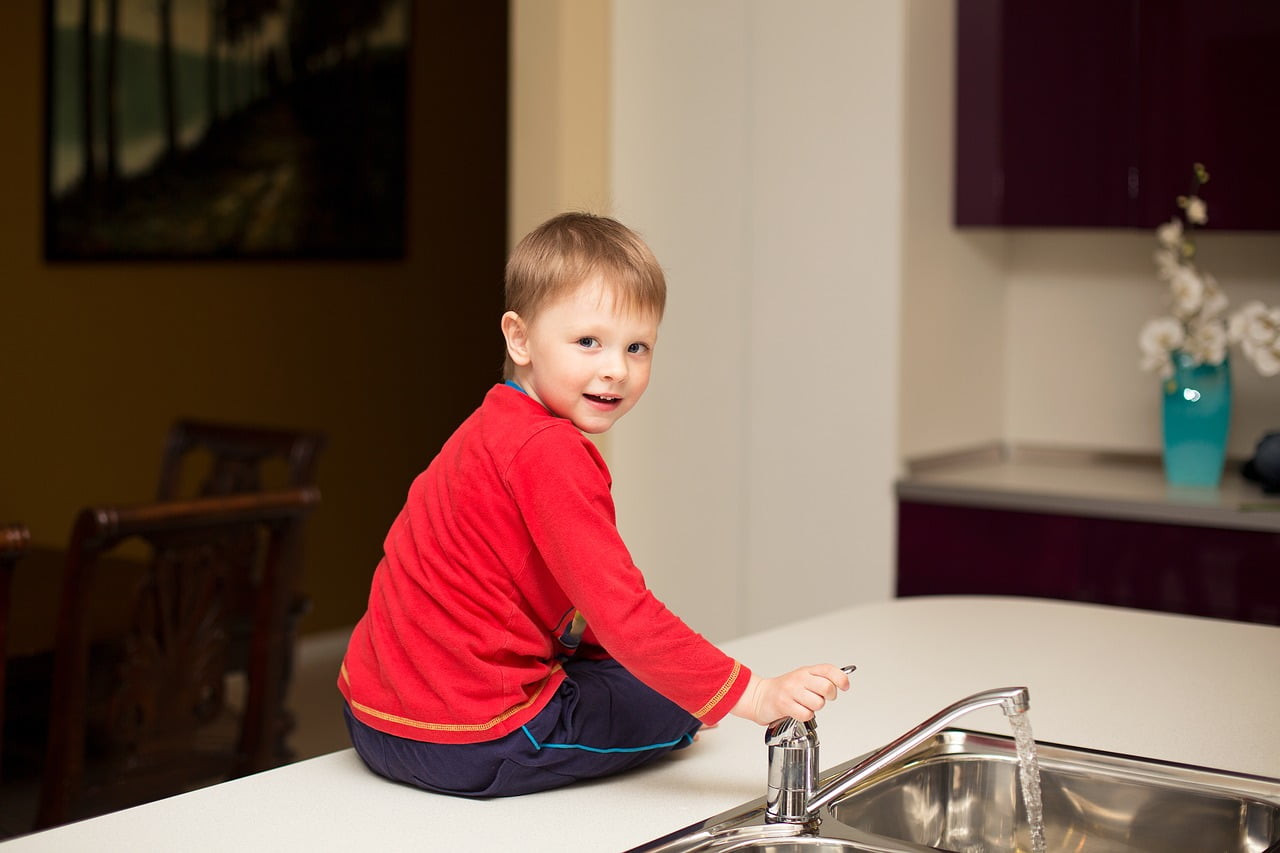- Fiona Kee

Home Alone Safety Tips for Kids
Amongst the many worries of a parent, leaving a child unattended to at home can be worrisome. Although many parents would carefully strategize and plan to avoid this predicament, it is not always feasible, especially for working parents.
Across the country, children are in school five days a week. Whilst most of the Malaysian office workers are now used to the “9-to-5” five-day workweek. For many of them, a return from school also means being home alone after school until their working parents get home from work. As such, the best option is to prepare the unaccompanied child and the home with practical and useful safety measures. Do not take things for granted even if it’s for a short while.
Here are 5 safety tips for home alone kids and parents to help make these situations safer and less stressful.
1. Regularly discuss home alone scenarios.
Accidents are unexpected and can happen at any time. Making preparations and discussing basic rules such as keeping information about being home alone offline helps to create an immediate call-to-action and eases a stressful situation. Even by mentally preparing them with scenarios and allowing them to practice responding safely. In particular, ensuring the child has a way to reach someone at all times can save precious minutes during critical situations. That person can be a family member, a family friend, or a neighbour. Preparing the child to know what to do in case of an emergency such as fire will also save their life. Those practices give some form of reassurance to parents that their child is safe even while they are away.
2. Set kitchen and first aid instructions.
Considering the kitchen is a commonly used space in the home filled with sharp objects and kitchen appliances. The kitchen is the place where parents need to take full precautions to ensure their child’s safety. The use of the kitchen can serve as a good learning ground for responsibility. However, it should be discussed thoroughly between parent and child. Be prepared beforehand by educating about what type of cooking is allowed and meal planning. On top of that, consider limiting any cooking that requires the use of an oven, gas stove, or sharp utensils. Also, place detergents and household cleaners away and unreachable to the kids.
What is more, educate the child about basic first aid such as treating minor injuries and putting on bandages. By knowing to distinguish between a true emergency and a minor one, it can be beneficial to the kids in the long-run. Also, keeping a first aid kit handy in the home can be a lifesaver too when a kid is left alone.
3. Don’t leave the house without permission.
This may sound like an unnecessary reminder, but the nature of a child’s mind is often very forgetful and unaware of the dangers around them. A child should not leave the house unless they have cleared it with their parent or a guardian first, or there is a fire emergency. Ensure that they are aware of the risks of leaving the house and what are the precautionary measures they must take if they have to leave the home.
A smart automation system like a smart door lock might come in handy for such situations. It keeps the main entrance of the home locked and also able to notify parents if the door is opened. Not only does this strengthen the first line of defence but also creates a barrier for any intruders.
4. Never open the door to strangers.
Many child abduction cases begin with a conversation initiated by an unknown stranger with an unsupervised child. Parents and teachers are encouraged to teach kids to be cautious of such people. Meanwhile coaching them on how to avoid and escape potentially dangerous situations without filling them with fear or anxiety. Let the kids know how to respond when strangers come knocking at the door.
If the home has a security system, children should learn how to turn it on and have it on when home alone. This aids in discouraging any opportunity of opening the door to danger.
5. Always check-in.
Communication is the key in all situations and relationships, and it is no different especially when a child is home alone. By making it a rule that the child communicates their whereabouts with a parent, or to the caretaker, guarantees some form of surveillance on their daily activities. A simple act like leaving a message via phone, or calling a parent as soon as he or she gets home can go a long way. This can be the first step in a daily routine that includes homework, a snack, and some downtime.
For extra protection, home surveillance cameras are effective as becoming the eyes and ears of parents while they are away. It shows what the child is doing, and whether or not they are safe.
Despite putting up many precautionary measures in place, a child’s safety will always remain a top priority for all parents. Take some of the stress off by putting up the first line of defence with a home security system that is equipped with a 24/7 home monitoring plan. Maintain the same amount of control, awareness, and surveillance around your home even while you are at work or out of town. Find out more about how can you and your family stay safe with us today.
truSafe security keeps homes safe whether families are there or not. We are revolutionizing the home security industry with Chubb Professional Monitoring, and we’re just in the beginning.
If you have questions or would like to customize your security system, contact us to get a free quote.

